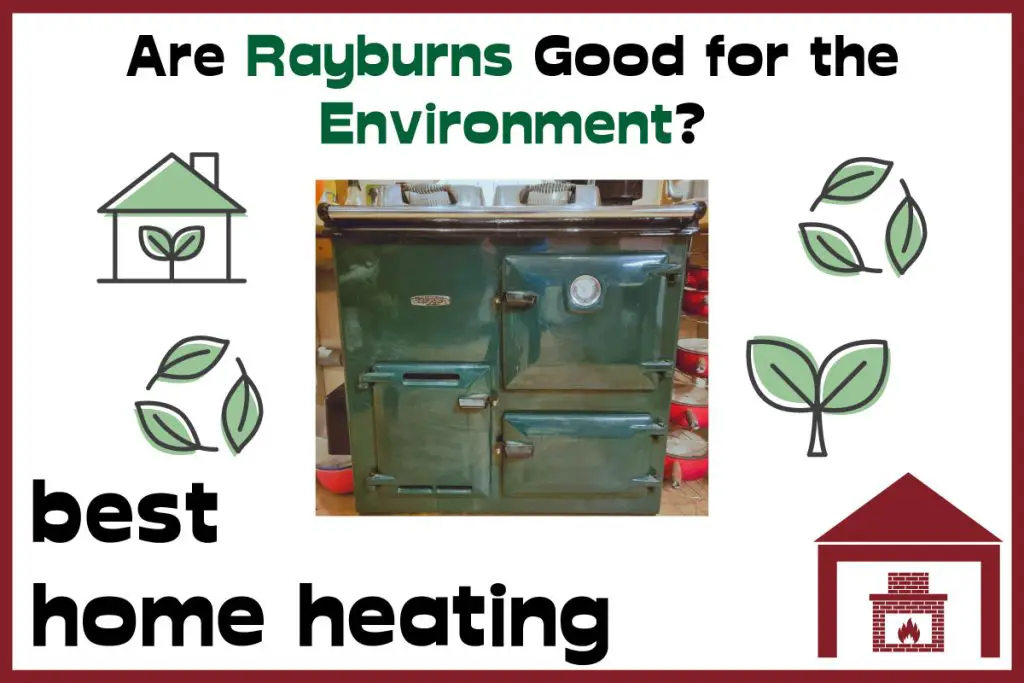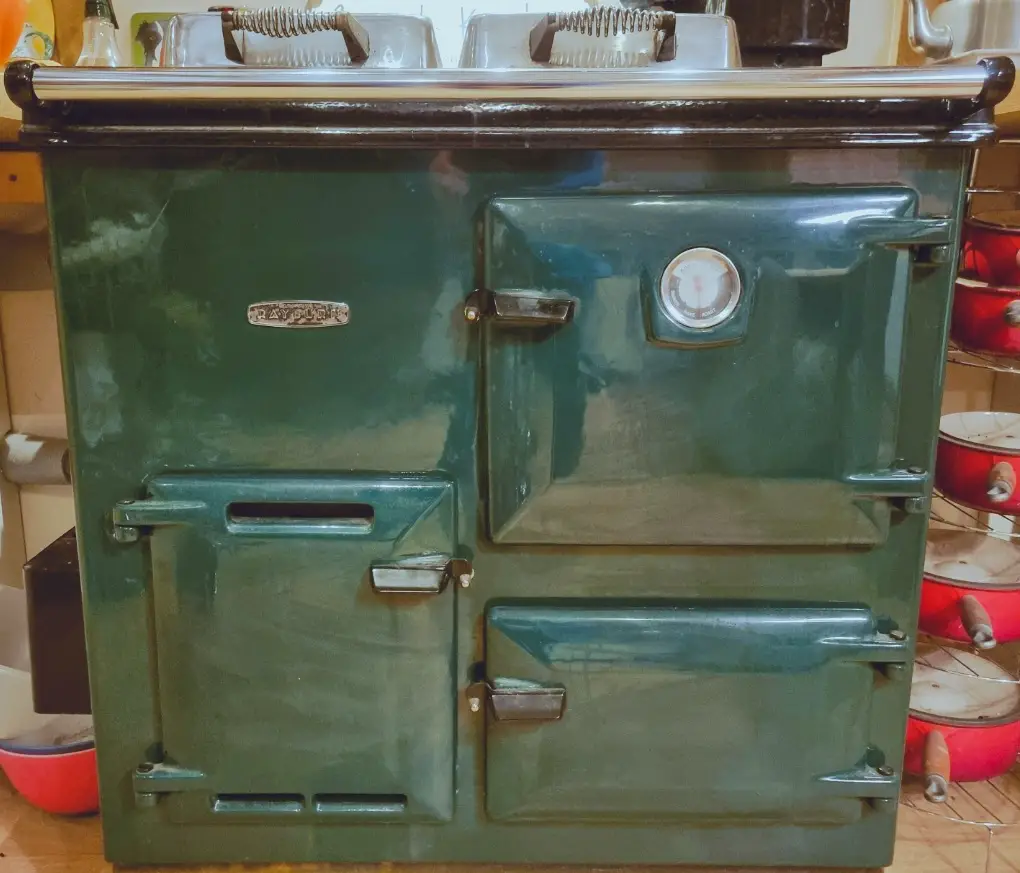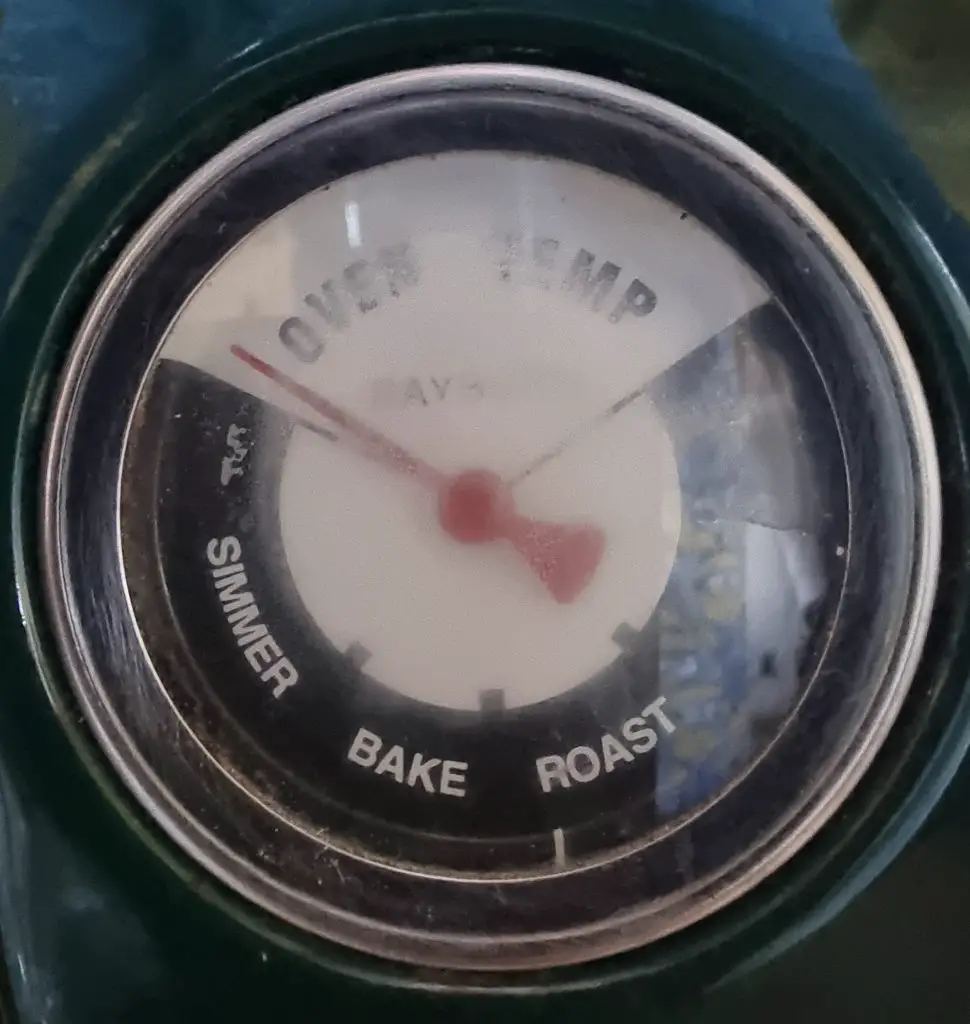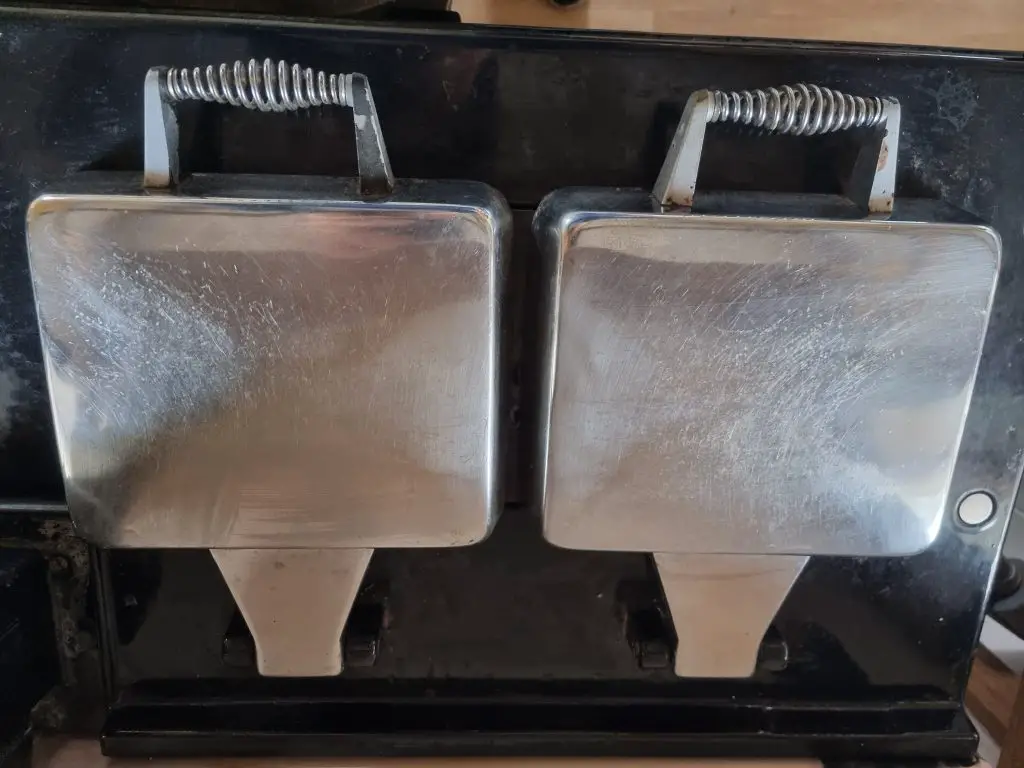Range cookers are known for their unrivaled performance, durability, and reliability. When it comes to cooking delicious food, nothing can beat an Aga or Rayburn range. But what about their carbon footprint? Are Rayburns environmentally friendly?
Given the fact that the vast majority of Rayburns and Aga cookers run on solid fuels, oil, and gas, environmentally conscious people tend to stay away from them. Aga, Rangemaster, and other major manufacturers are now focusing on producing ranges that are more eco-friendly than the old models.
In this post, we are going to focus on the energy efficiency and eco-friendliness of modern range cookers, particularly the ones from the most well-known manufacturer – Aga Rangemaster Group. Read on to get the facts straight.

Range Cookers and Rayburns Are Greener Than You Might Think
While range cookers have enjoyed immense popularity, they have also been criticized for their environmental credentials. This is because most range cookers run on solid fuels such as firewood, peat briquettes, compressed heat logs and manufactured smokeless fuel.
With that said, it may be a bit unfair to demonize solid-fuel burning models for their carbon footprint because a range cooker is a multifunctional appliance that can replace several other energy-using kitchen appliances.
An Aga range cooker, for example, can also serve as a clothes drier, toaster, microwave oven, and electric kettle. A Rayburn range is intended to serve multiple purposes: cooking, home heating, and hot water.
Click here to learn more about how Rayburns work, what temperatures they reach, and how to troubleshoot problems when they’re not working as they should.
A Rayburn burner can even be used for drying the laundry and metallic cutlery like knives, peelers and graters. Due to this versatility, even a solid fuel-burning range cooker can actually reduce your household energy use.

In terms of its environmental impact, firewood is not like fossil fuels such as coal, oil or gas. Firewood is carbon-neutral because the carbon released by burning a tree is actually equal to the amount the tree has absorbed over its lifetime.
While it’s a bit complicated because biomass is sustainable only on long-term scales, burning firewood definitely has less environmental impact than burning fossil fuel.
Are Rayburns Environmentally Friendly?
A powerful Rayburn can run up to 20 radiators, which means a Rayburn can meet the heating needs of homes of all sizes. If you have access to firewood, investing in a Rayburn can be far better than heating your home with electricity that comes from a fossil fuel-burning plant.
There is another important thing that should be taken into consideration. About 70% of Agas and Rayburns are made from recycled materials that come from drain covers, lamp posts, gutters, car gearboxes, and other scrap metal.

Better yet, these range cookers are made to last—they last for generations. The durability of the Aga explains where there are still several hundred coal Agas even though the company has not produced any coal Aga in the last couple of decades.
Aga cookers have been massively modified over the years. Many solid fuel Agas have been transformed into oil Agas. That means, rather than throwing your solid-fuel-burning Aga, you can actually upgrade it to a more energy-efficient technology.
If you take all these factors into consideration, you will soon reach the conclusion that range cookers, even the ones that directly burn fossil fuels, are surprisingly environmentally friendly. Apart from that, modern range cookers come with highly sophisticated features that make the cookers energy-efficient.
Energy Efficiency Largely Depends on the Type of Fuel Your Range Cooker Runs On
In order to reach customers who care for both delicious food and the environment, Aga and other manufacturers are now producing range cookers that run on electricity rather than gas or solid fuels.
When choosing a range cooker, the first thing you need to consider is the fuel the unit runs on. If you are thinking of reducing your carbon footprint, a unit that runs on solid fuels may not be the best option for you.

Assuming that a solid fuel range cooker is not your first choice, you may want to choose a gas or electric unit. If you weigh up factors such as carbon emissions and energy efficiency, a gas cooker is usually better than an electric cooker, in part because the former uses less energy to produce the same heat.
However, a gas range does not heat up as quickly as an electric range. An electric unit is a very good option for an environmentally conscious user if the electricity comes from a renewable energy source.
Currently, an electric range has more or less the same environmental impact as a gas range. But in the long term, an electric unit will definitely be a better option, given the fact that more electricity will come from renewable energy sources in the coming decades.
With that said, there are some other factors to consider. All electric range cookers are not the same. Your options include an electric oven, hob, or induction cooker.

Electric ovens are popular for not only their energy efficiency but also their accurate and even heat distribution. A modern electric oven comes with an AIMS system, which automatically controls the temperature at different times, making the unit highly energy efficient.
The temperature of an electric hob is a bit tricky to control, because the system is slow to heat up. However, an induction or ceramic hob can offer faster heating.
Induction hobs are remarkably eco-friendlier than both electric and gas hobs. In an induction hob, heat is concentrated in a pan, and a magnetic field is created. Modern induction hobs come with a smart technology that is able to detect the presence or absence of a pan. When there is no pan, the system switches off automatically, saving energy.
Can an Aga Cooker Help Reduce Your Carbon Footprint?
Aga range cookers have evolved, and they are no longer just for the middle class, according to William McGrath, chief executive officer of Aga Rangemaster Group. Agas consume more fuel than patio heaters, and therefore the idea that an Aga can help reduce carbon footprint may seem contradictory.
The world has moved on, and so has Aga Rangemaster Group. As we have stated, the company has not produced any coal Aga in the last couple of decades, and is encouraging its customers to upgrade their old Agas to the newer models. Today, only 60% of Rayburns run on solid fuels.
The company recognized the environmental issues early on, and addressed the issues by investing in the innovation of highly sophisticated, eco-friendly models of range cookers. Now there are programmable models that run on electricity and gas, and reach cooking temperatures only when needed.
The wood-burning Rayburns have also evolved remarkably. The biofuel and carbon-neutral models have also appealed to many people. Energy efficiency is largely about energy storage, which is exactly what Aga’s cast iron provides, McGrath argued in an article in 2009.

Conclusion
Range cookers have evolved a lot in the past couple of decades, and the newer models are surprisingly eco-friendly. An environmentally conscious person cannot go wrong with an Aga or Rayburn.
If you have access to electricity coming from a renewable energy source, an electric range cooker may be the best option for you. With this amazing cooker, you will enjoy good food without feeling guilty for your carbon footprint.
Modern gas-burning ranges come with sophisticated mechanisms that ensure energy efficiency. They heat up quickly, reducing energy loss.
And given the fact that an Aga or Rayburn can eliminate the need for many other devices, even a solid-fuel-burning unit can be a very good option for many families.
